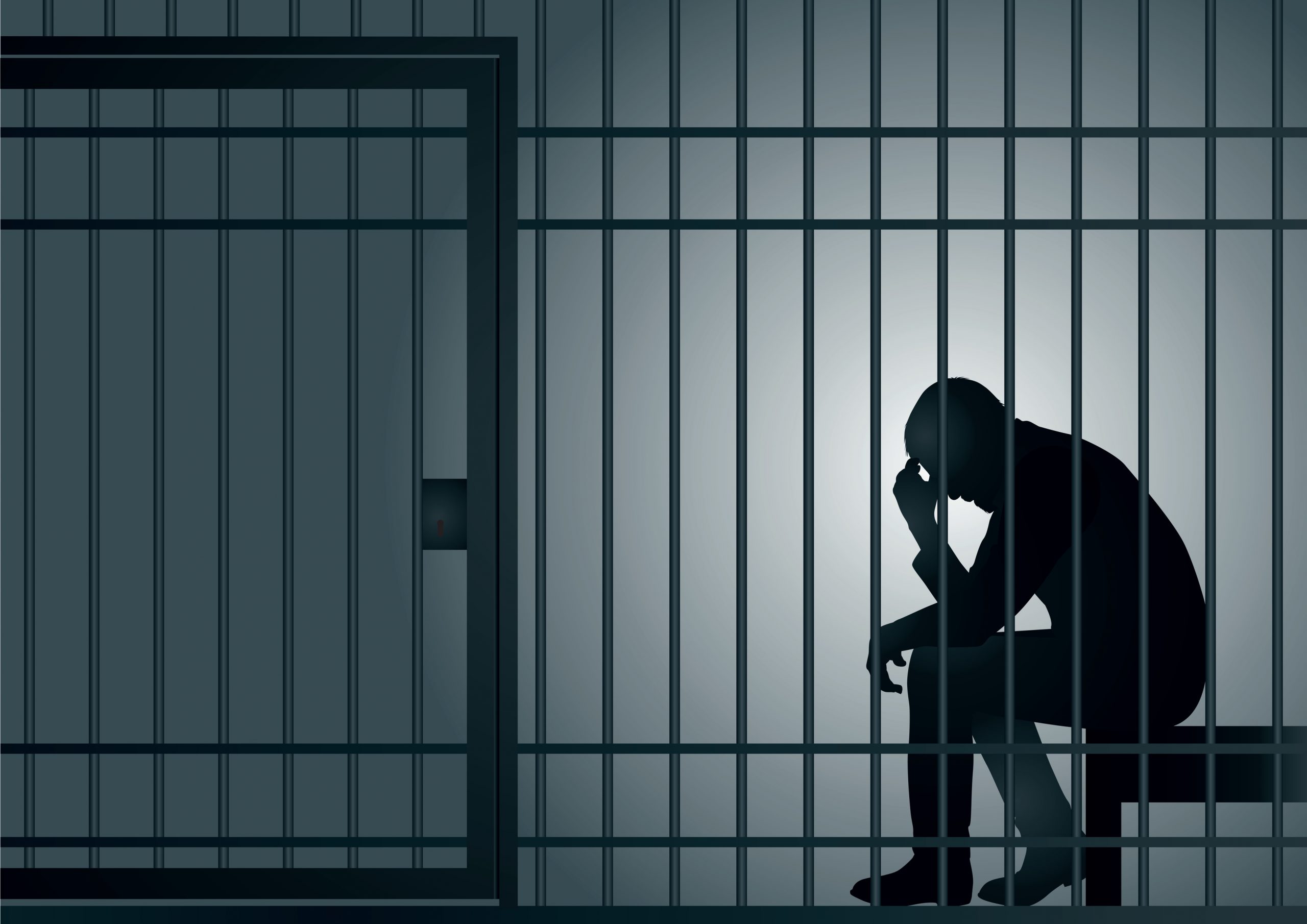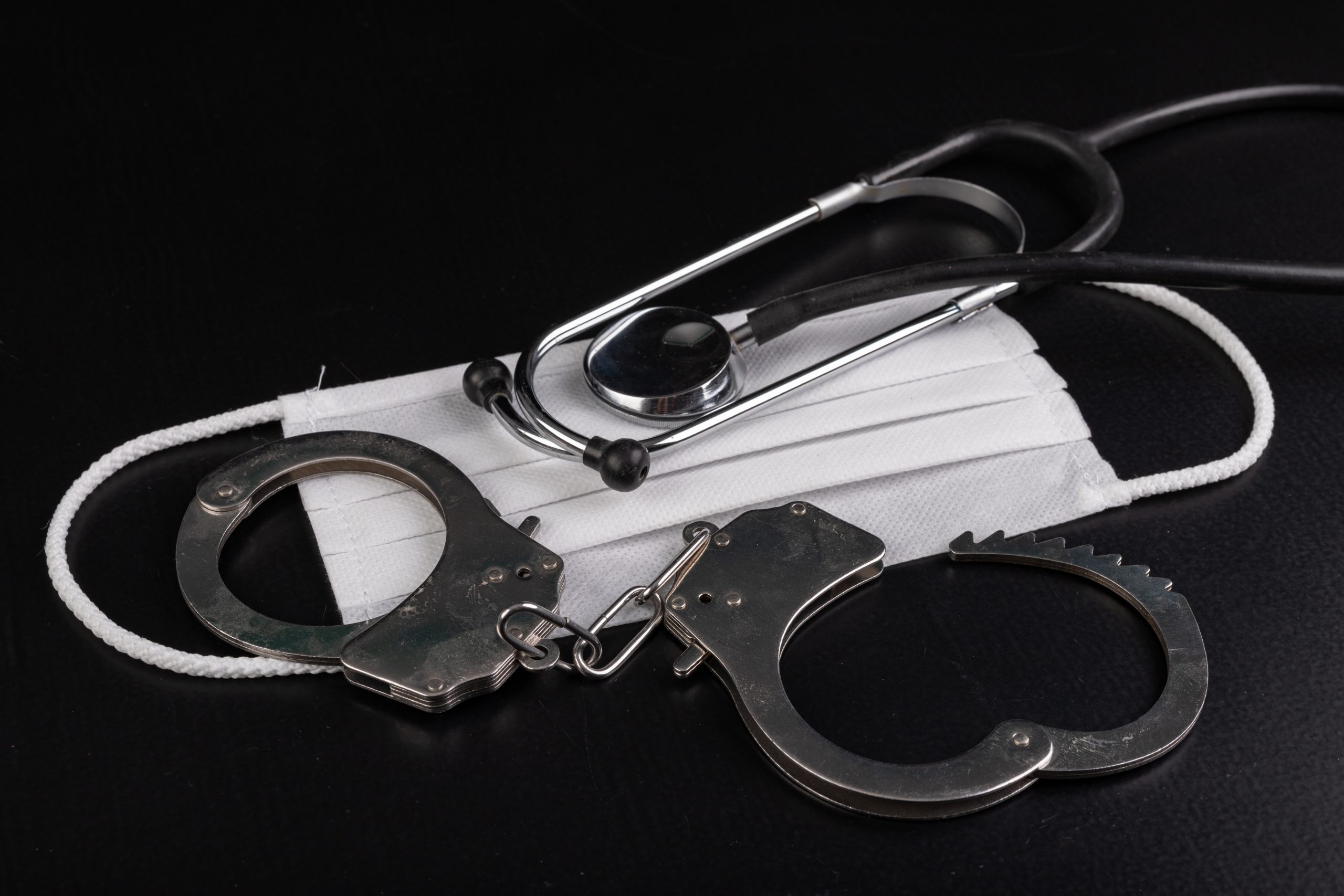Yes. Prisons must provide healthcare, but the care you get might look a little different. Sometimes, prisons have to decide which care is necessary. They don’t always have the same resources that private clinics do, either.
What medical care are you entitled to while in prison?
As the Bureau of Prisons (BOP) website explains, incarcerated people receive essential medical and dental care in prison. Prison staff decides what care is necessary. When you enter prison, staff assign you a care level. The BOP splits prisoners up into four care levels:
- Care Level 1: Prisoners are under 70 years old and healthy
- Care Level 2: Prisoners are healthy but need monthly check-ups
- Care Level 3: Incarcerated people have health conditions that need frequent treatment
- Care Level 4: Prisoners need 24-hour care
Every few years, the BOP publishes “clinical guidance.” This document explains what the BOP considers when assigning a care level. They last published the BOP care level guide in May 2019.
Health care workers can recommend changes to your care level after a check-up. These changes usually happen when incarcerated people get sick or hurt.
All incarcerated people should get check-ups every six or 12 months. But you can ask for a check-up at any time. Prison staff will decide if your request is urgent or not. The BOP publishes specific BOP Clinical Guidelines for most conditions on its website.
Prisons also have different rules when it comes to medications. This means that they can’t give certain medications to prisoners. Doctors may have to give you something different than you’re used to. The BOP formulary provides an up-to-date list of approved medications.

Can you get mental healthcare in prisons?
Yes. Incarcerated people can get mental health care while in prison. Your care level includes mental health needs. If you need medicine or therapy, your care level should show that. Some mental health conditions like depression and schizophrenia even have their own guidelines.
You should also ask to talk to someone if you want to hurt yourself. Each prison has a psychologist on staff. These people are there to help you. Family and friends may also ask the staff to check on you if they think you may hurt yourself.
How can you ask for medical or mental healthcare in prisons?
You can tell any officer at the prison if you think you need a check-up. Each prison has a process that you must follow. Some prisons may ask you to fill out paperwork asking for a check-up. If you are a danger to yourself or other people with you in prison, tell a correctional officer.
It may not feel like it, but the prison staff does want to keep you safe. They have resources available to make sure you get the care you need. But officers don’t always know when you need medical care. Be your own advocate whenever you can. And if you can, let your loved ones know how you are doing. Officials will not provide them with a health status update. But they can advocate for you if you are not getting the medical attention you need.
The Takeaway:
You should get medical and mental healthcare in prison. It might not be the healthcare you’re used to. But prisons have the resources available to get you the care you need.






